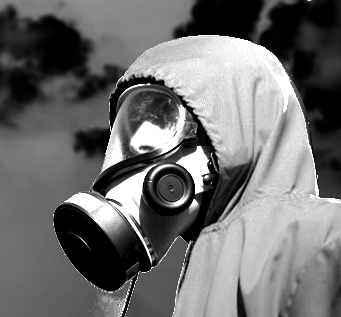UN seeks nuclear update

The United Nations is initiating a detailed study into the impacts of nuclear war, marking the first comprehensive review on the topic since 1989.
Triggered by rising geopolitical tensions, new studies will explore nuclear war’s potential consequences on societies worldwide, incorporating insights from advances in nuclear weapons technology and the emergence of additional nuclear-armed states.
An independent panel of 21 experts, appointed by the UN Secretary-General, will conduct the study with a final report due in 2027.
The findings are expected to address humanitarian, environmental, and socioeconomic impacts, reflecting advancements in modelling nuclear effects across local, regional, and global scales.
“The UN has not produced for some time a global, publicly accessible view of the effects of nuclear war,” a communique from sessions this week noted.
The UN First Committee recently approved the study through draft resolution A/C.1/79/L.39, with a recorded vote of 144 in favour and three (France, Russia, United Kingdom) against.
The panel will collaborate with key organisations, including the International Atomic Energy Agency (IAEA) and the World Health Organization (WHO), aiming to provide policy-relevant findings on nuclear conflict outcomes, particularly those stemming from miscalculations, miscommunication, or accidental weapon deployments.
Alongside the study, additional UN initiatives to address nuclear threats have been adopted.
These include a roadmap towards nuclear disarmament, enhanced transparency and accountability in arms control, and increased commitments to the Comprehensive Nuclear-Test-Ban Treaty.
The UN says that “the threat of nuclear weapons use is greater than at any time since the height of the Cold War”, stressing the urgency of advancing disarmament discussions.
The panel's report is also anticipated to inform policies on preventing cascading disruptions in interconnected global systems - a critical area given today’s increased interdependency.
In addition, the UN’s focus on nuclear-weapon-free zones gained traction, with 172 votes in favour of exploring new zones, including in the Middle East.
This renewed UN effort symbolises a return to large-scale assessments of nuclear risks, aimed at crafting a science-based foundation for international policies.
As part of these efforts, the panel will gather input from civil society, regional experts, and international organisations.
The resulting study is expected to shape future nuclear risk management and prevention strategies, with global attention on how findings may impact disarmament and nuclear policy.







 Print
Print



